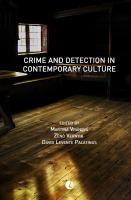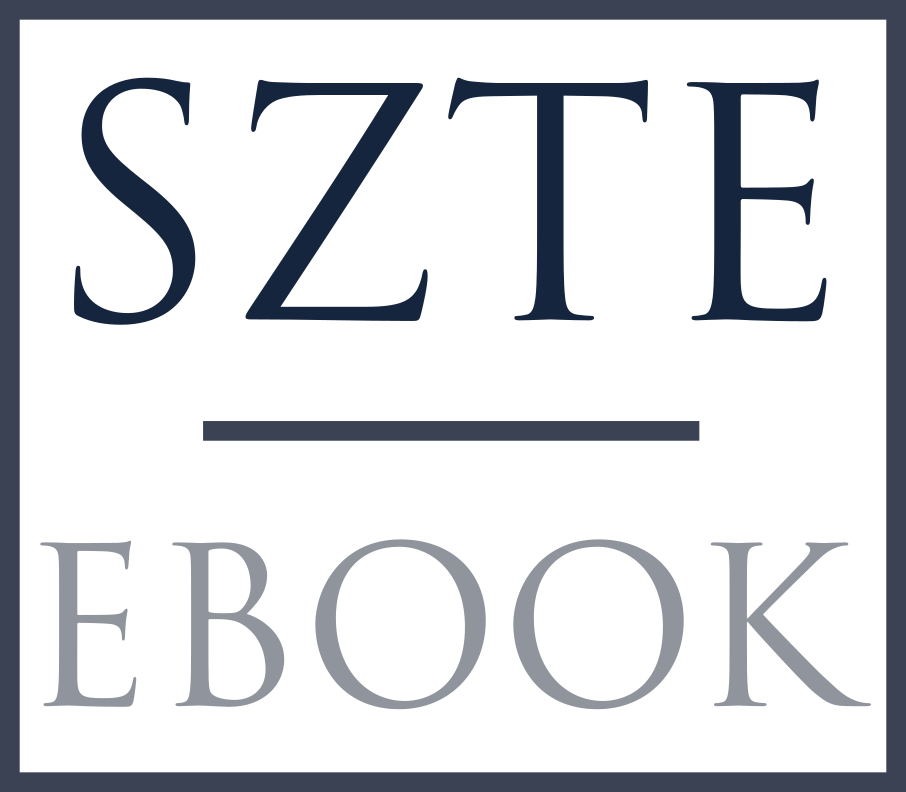Crime and Detection in Contemporary Culture
Kulcsszavak:
AmerikanisztikaTartalom
The manuscript was reviewed by Maurizio Ascari and Bohumil Fořt
Cover image: Dávid Levente Palatinus
Contemporary cultural production shows that crime- and detective fiction has a pervasive presence in our historic moment. It has got an extremely wide and solid fan base, it has always been around and its popularity and centrality in the cultural domain since the 18th century has been amply demonstrated by a wide range of scholarly approaches. Crime and Detection in Contemporary Culture brings together contributions by a wide range of international authors, and attempts to reposition crime writing by directing attention to the ways in which it has always been a peculiar and key mode of channelling cultural imaginaries about violence, transgression and various instances of social pathology. While highlighting crime fiction’s ability to constantly reinvent itself, its ubiquity and reliance on participation that make it, as a genre as well as a mode, so powerful and capable of mobilizing audiences more than any other form of genre fiction, the collection offers innovative approaches to recent manifestations both in literary fiction and across converging media that demonstrate how crime fiction as a critical paradigm becomes more and more conducive to (generic) subversion, transgression and hybridization. The volume draws on the scholarly legacy of studying crime through the converging areas of history, literature, culture, gender and politics, and aims to constitute crime fiction as a mode which successfully channels social anxieties and ethical dilemmas both historically and in our present historic time when our sense of security has become eroded in relation to our identities. It is a venture in showing the centrality of the figuration of crime in modern culture, as well as a heavily structured analysis focusing on issues of genre, social and political aspects of the culture of crime, and media-specific problems of its representation.




